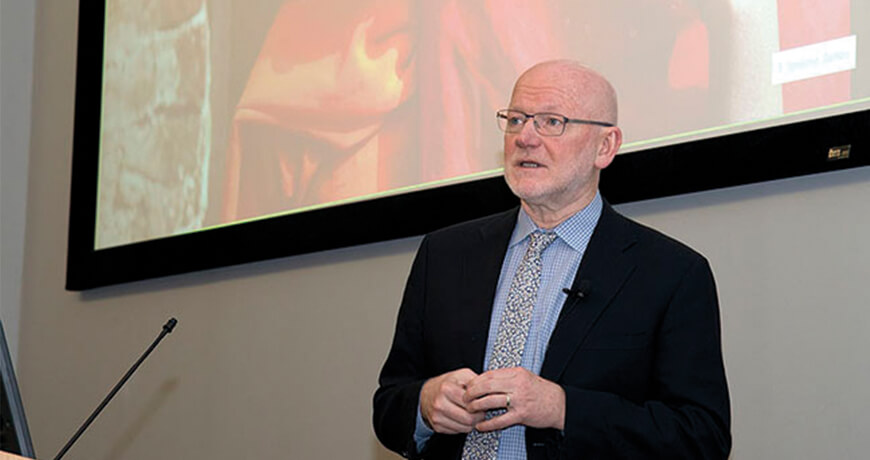“Gender equality is vital to achieving health and development goals, including the eradication of polio. Women are often the backbone of health care, particularly in humanitarian contexts. The UK is proud to support GPEI’s efforts to promote gender equality in its programme and to support gender equality as central pillar of development and prosperity.”
I support the GPEI Gender Equality Strategy by committing to:
- Advocate for women in polio eradication and the need to increase women’s representation in health leadership roles in international fora.
- Raise awareness of the importance of addressing gender-related barriers to immunisation including in polio eradication.
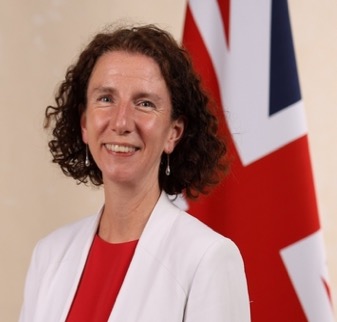
“The Covid-19 pandemic has worsened existing inequalities between women and men in almost all areas of life, both in Europe and beyond, and has reminded us of the crucial role of gender in health programming. The Global Polio Eradication Initiative, one of the largest public health programs in history, has spearhead incredible efforts to mainstream gender in its programming. In this final step towards polio eradication, we must continue to support gender mainstreaming and we must not ignore gender-related barriers to vaccination. Spain is proud to support the Global Polio Eradication Initiative and its commitment towards gender equality.”
I commit to:
- Take part in an annual dialogue, event and/or briefing in Spain or abroad until 2023, with members of the diplomatic community and/or governments’ representatives to expand the conversation around gender equality and health and to raise awareness on gender related barriers to immunization and polio eradication.
- Actively promote and give visibility to the GPEI Gender Equality Strategy through social media
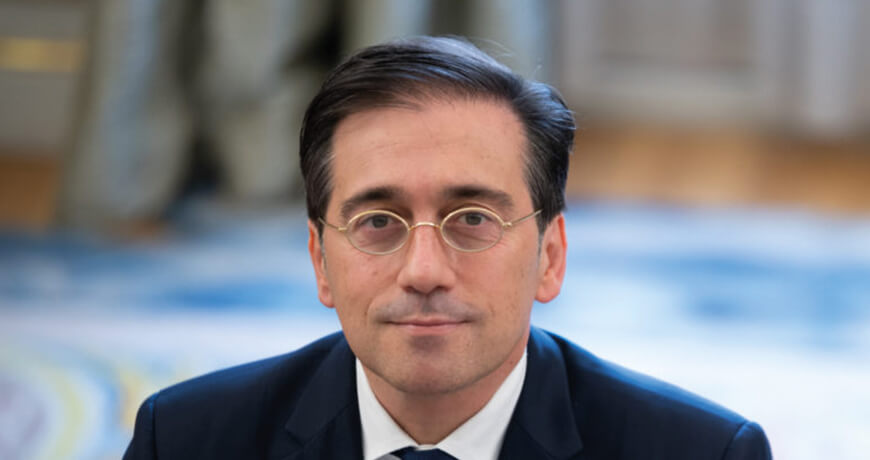
“The progress the polio program has witnessed in the past years would not have been possible without the hard work and commitment of courageous women who are dedicated to protecting children, even during the COVID-19 pandemic. More than ever before, we need to advocate for the adoption of gender-transformative policies and strengthen women’s leadership in health. Monaco is proud to support GPEI’s efforts towards gender equality.”
I support the GPEI Gender Equality Strategy as a concrete effort to highlight the role of gender in polio eradication by committing to:
- Host an annual dialogue with Permanent Mission Representatives to expand the conversation around gender equality and health, including gender related barriers to immunization and polio eradication
- Acknowledge the role of women as front-line workers in polio eradication (and COVID-19)
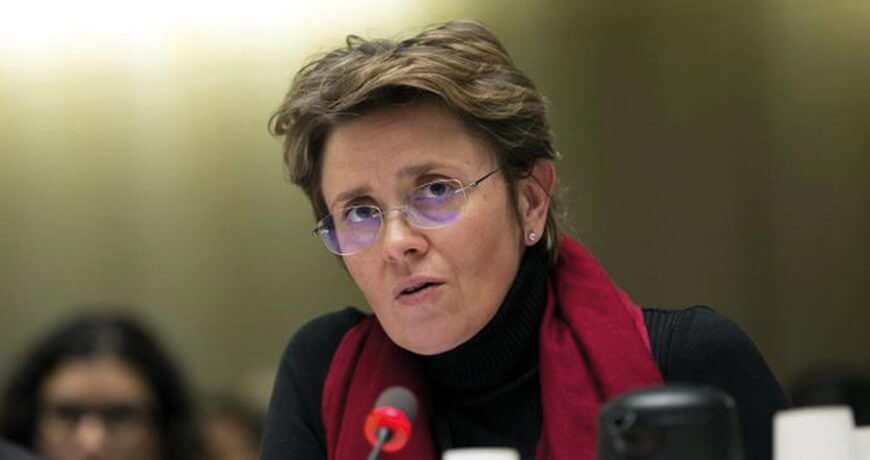
“From the everyday choices about their children’s health to delivering life-saving health services and the big-picture decisions about strategies and resources, women can and must play a key role in every level of the Global Polio Eradication Initiative. Empowering women is not just a ‘nice to have’ in our efforts to end polio forever, it’s essential.”
I support the GPEI Gender Equality Strategy as a concrete effort to highlight the role of gender in polio eradication by committing to:
- Increase women’s meaningful and equal participation and leadership at all levels of the GPEI
- Engage Member States to increase the efforts in global leadership on gender and health, including immunization
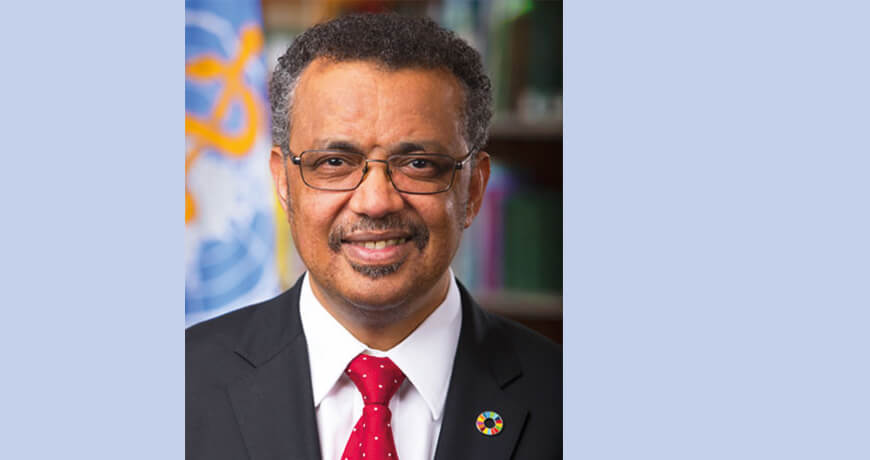
“The world has made remarkable progress to end polio, but success is not guaranteed. To address the final challenges to achieving a polio-free world we must not forget the fundamental role that women play in leading the final push to rid the world of polio. Most of the brave health workers who vaccinate children every day worldwide, sometimes in difficult and even dangerous conditions, are women. Many women are also key policy makers and program managers that drive the success of the Global Polio Eradication Initiative.”
I support the GPEI Gender Equality Strategy as a concrete effort to highlight the role of gender in polio eradication by committing to:
- Support and advocate for an adequate sex-disaggregated data collection throughout the GPEI
- Ensure that adequate budgets for gender expertise and capacity-building are provided, as well as for the sustained and consistent implementation of gender equality programming
